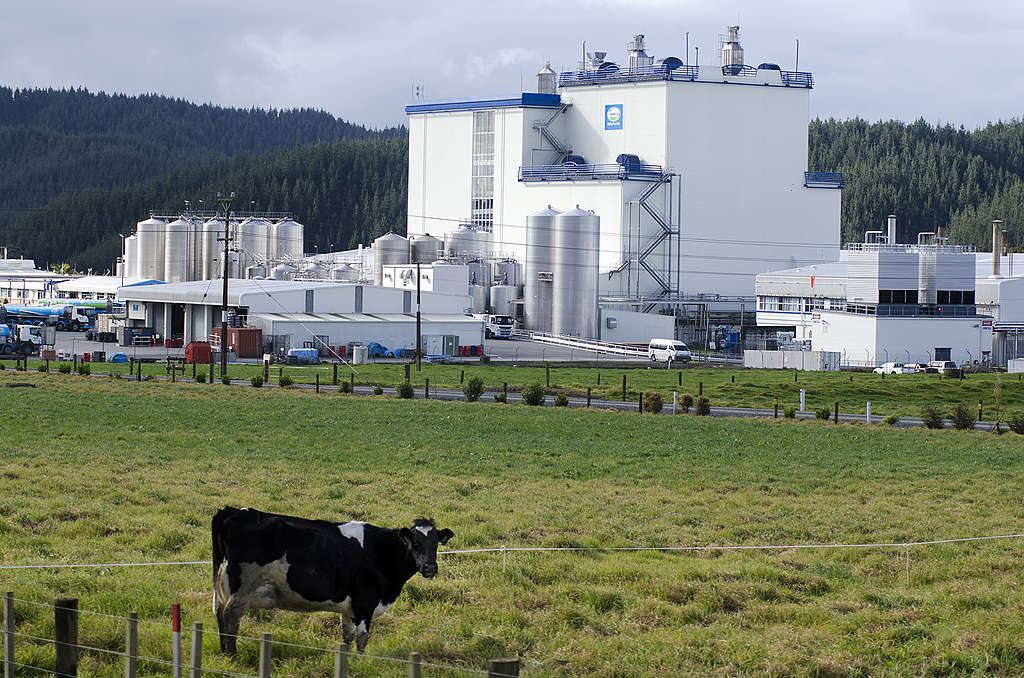With Budget 2023, we can see clearly the impact of the government’s decision to exclude agribusiness from the Emissions Trading Scheme and to reject Climate Commission advice on strengthening the ETS.
It has resulted in less income from climate polluters to pay for climate initiatives, and this has meant that the government has had to cut future funding for climate initiatives and has had to borrow to pay for the rest.
The government’s decision to backtrack on making polluters pay means that taxpayers have to pay instead. It is an invidious outcome in the final budget of the second term of the government.
The income the government receives from auctioning off ETS carbon credits is recycled into the Climate Emergency Response Fund (CERF). But with agribusiness demand for carbon units not included in the scheme and the settings weakened, the ETS price of carbon has dropped, meaning income to the CERF has dropped.
This means that there is a lower price signal to drive emissions reductions and that New Zealand’s most polluting sector (50% of emissions) doesn’t have to face a price on its emissions at all. But it also means that the government has to cut funding for climate initiatives or borrow to pay for them, or both.
What is also notable is that many of the climate initiatives, while good, do not cut emissions. The home insulation scheme and the free public transport fares for children will have a modest impact on cutting emissions. But I’d also note that most people actually face an increase in public transport fares under this budget as the half-price fare initiative comes to an end.
Some of the other investments are about adaptation, and adaptation is necessary, but it won’t stop the problem of climate change – we need to cut emissions.
On top of this, the Treasury has estimated that the New Zealand Government now has a contingent liability of up to $23 billion to pay for offshore carbon offsets to meet its Paris Climate Agreement commitments because there is little policy in place to cut domestic emissions.
So, in summary, in this budget, we see the government’s inaction on climate coming home to roost. It is costing taxpayers dearly in this budget, but it is going to cost us all a hell of a lot more if the Government doesn’t actually, you know, cut emissions.

Join our call on the Government to go further than the Climate Commission’s inadequate recommendations and cut climate pollution from NZ’s biggest polluter: industrial dairying.
